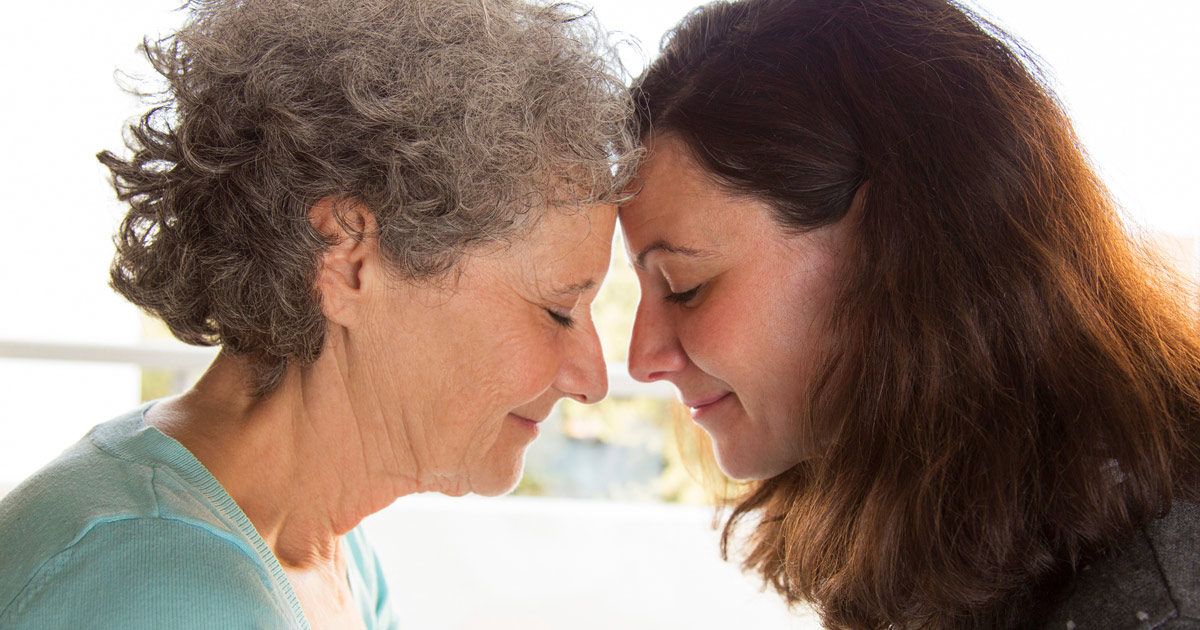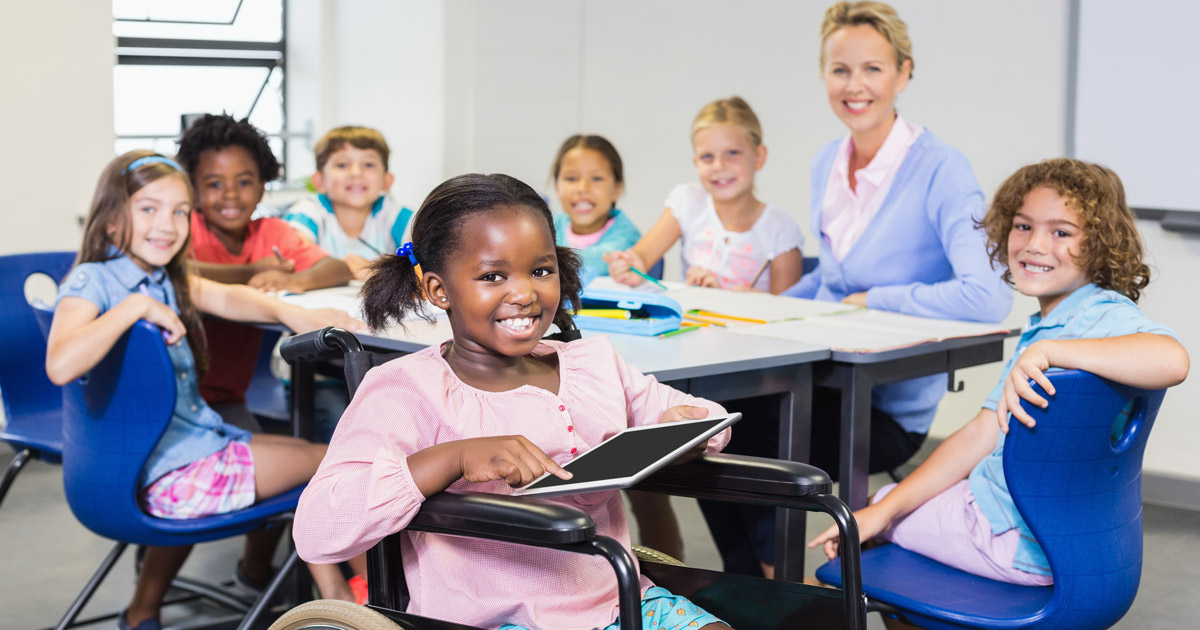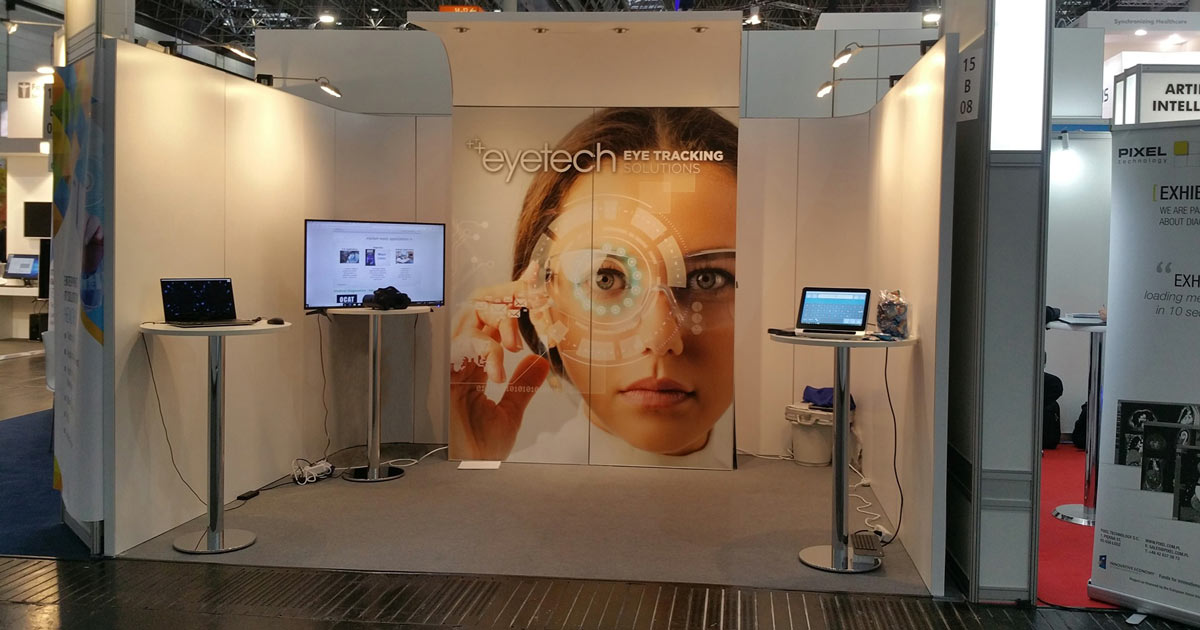Did you know that as of August 2020, 4.7 million Veterans, or 26% of the total U.S. Veteran population, had a service-connected disability?
Conditions such as amyotrophic lateral sclerosis (ALS), stroke, and traumatic brain injury (TBI) are a few of the conditions that can rob Veterans of their ability to communicate and physically engage with the world around them. Assistive technologies seek to support daily tasks and communication through a broad spectrum of enablement devices. For Veterans like Rick, for example, augmentative and alternative communication (AAC) and speech generating devices (SGDs) like the EyeOn Elite enable text-to-voice communication and environmental control through eye-tracking technology.
Assistive technology devices like these can be invaluable in improving the daily quality of life for Veterans with disabilities. Navigating device approvals and funding can be overwhelming for Veterans and their families and caregivers though. In our last blog, Brittany R. Reed, a Speech Language Pathologist with the VA’s Assistive Technology and Polytrauma Network Site Program at Central Virginia VA Health Care System, shared insight into her work fielding speech and AAC device evaluations with Veterans with communication disorders. Her recap offers a glimpse into the unique world of assistive technology device acquisition.
Several organizations support the mission to connect Veterans with vital assistive technology offerings, including:
Paralyzed Veterans of America
Paralyzed Veterans of America (PVA) is a congressionally chartered Veterans’ service organization founded in 1946 to support the special needs of Veterans who have experienced spinal cord injury or dysfunction. The group advocates for ongoing research as well as quality health care, benefits, and civil rights for its members.
The ALS Association
For unknown reasons, Veterans are twice as likely to develop ALS. In 2008, the Department of Veterans Affairs published regulations establishing ALS as a service-connected disease to open support channels to Veterans impacted by Lou Gehrig’s Disease. ALS Association extends dedicated support to these individuals.
The Department of Veterans Affairs
The Department of Veterans Affairs (VA) provides evaluation, intervention, and training to eligible Veterans and Active-Duty Service members needing assistive technology to offset the impact of disability. The VA’s Polytrauma Rehabilitation Centers and Assistive Technology Labs support Veteran enablement through:
- Electronic cognitive devices
- adapted automobile equipment
- adapted sports and recreation equipment
- electronic aids to daily living
- wheeled mobility and seating devices
- augmentative and alternative communication equipment
- adaptive computer access tools
Like the VA, ALS Association, and PVA, EyeTech is committed to helping Veterans live independent lives with dignity and respect. It is in that spirit of advocacy that EyeTech is pleased to introduce new, dedicated resources for Veterans with communication disorders. Visit the EyeTech Veterans’ AAC resource page to learn more about FDA-registered AAC and speech-generating devices, funding options, and our new Veteran support group for AAC device users.
Don’t miss our AAC device Giveaway!
In honor of Veteran’s Day, EyeTech is also giving away an EyeOn Elite for either a Veteran or a VA Medical Center who can use the device for patient evaluations. Fill out the form here to enter! The drawing for the winner will be held on Thursday, November 18th.
Today we acknowledge the service and sacrifice of the disabled Veteran community. On this Veteran’s Day and every day, we thank you! We also applaud the efforts of organizations working to ensure that Veterans with disabilities gain access to life-changing assistive technologies that foster greater inclusivity for those with impairments. Together we can help improve the quality of life for those who have suffered trying to protect ours.



